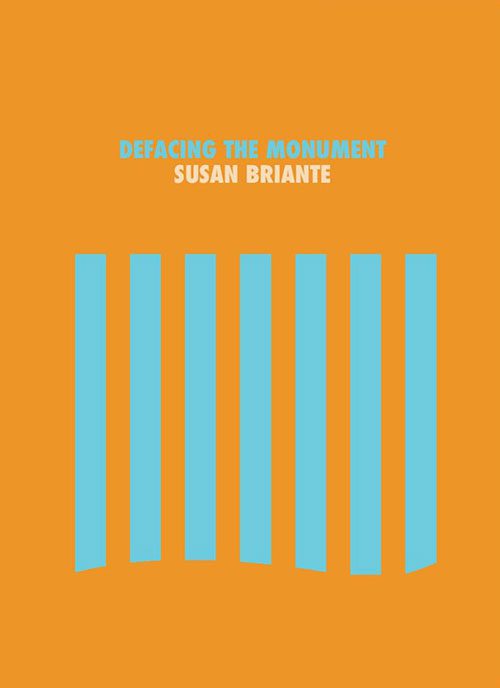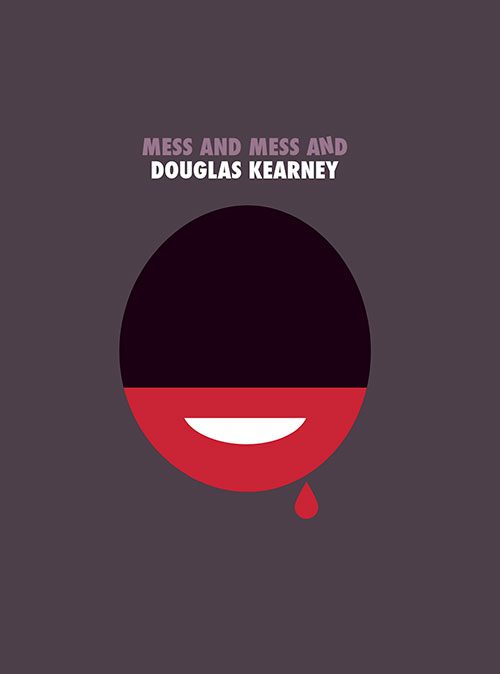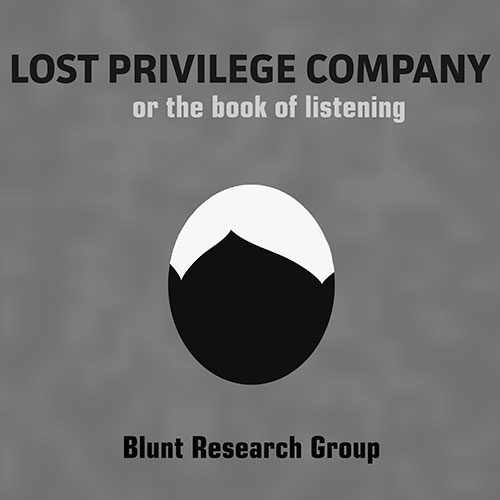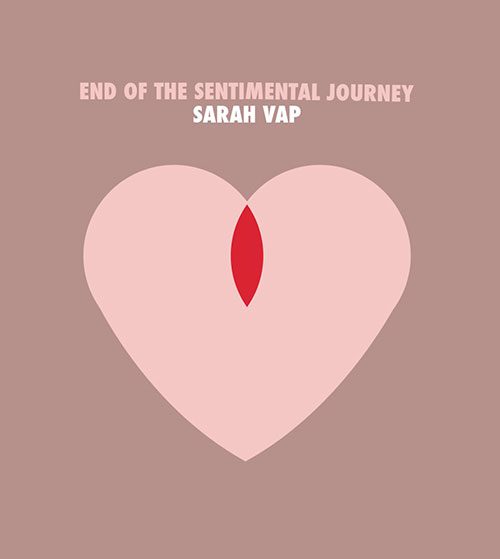Defacing the Monument
by Susan Briante
$9.99 – $21.00
Synopsis
Defacing the Monument opens with the narration of an Operation Streamline hearing, a proceeding during which as many as 75 undocumented migrants are criminally prosecuted and sentenced en masse to serve jail time prior to deportation. It’s an attempt to bear witness to what happens to those who do not hold the “correct” documents as a way to show texts always bear the marks of power. Documentary poetics offers a tradition and a form through which a writer can situate events or experiences within broad social and historical contexts. It can provide a space to record, to unearth, to witness, and to contextualize. But we can’t fetishize the document. And we must use it with an eye toward our own complicity and participation in the systems we wish to investigate. Part documentary act, part lyric essay, part criticism, Defacing the Monument enacts the possibilities and limits of documentary impulses.

Blurbs
Documents of the world beware! Poetry is after you—revising you, extending you, decentering you, complicating you, subverting you. No document has been left unturned in this Defacing the Monument: at once an intimate meditation and an analysis, a collection of maps and an indictment, a methodology, a social history, a dialogue, a bearing witness. Is it possible to write fearlessly and, at the same time, compassionately about migration and migrants in the United States today? Susan Briante writes, in addition, with urgency, posing all the necessary questions—especially the most uncomfortable ones—as she implicates herself, and implicates us, in the tragedy and the dignity of migration. I urge you to read this urgent book.
Cristina Rivera Garza
I felt so intellectually and emotionally nourished while reading Susan Briante’s Defacing the Monument. Briante not only attributes, but asks why we must attribute; gives witness accounts but questions who she is as witness. Briante, with such incredible care and generosity, investigates every frame that contains stories of suffering; every platitude that proves our moral certitude. By laying bare these limitations, Briante breaks open possibilities where injustice can be “newly felt.” Not only that, she asks how poetry can be a social practice and not just a feat of imagination. Anyone who’s interested in writing about someone other than themselves needs to read this book. Defacing the Monument is a stunning and brilliant intervention on how poetry documents history.
Cathy Park Hong
Defacing the Monument elucidates the powerful ways that poetry has documented the present and the absent, the visible and the invisible, the broken and the breaking. Susan Briante’s investigations thread through borderlands, languages, genres and discourses to show that our words and poems and bodies always emerge in relation to the violence of the state, the violence of the bank, the violence of those who purchase, who silence, who deport. Poetry can mean something in the public sphere, though the poets don’t always believe this. Here are poetries that exemplify this by archiving the erased and the eraser, the consumed and the consumer, the authoritarian bodies and those they seek to destroy.
Daniel Borzutkzy
But a document can pull a nation out from under you,” writes Susan Briante in Defacing the Monument, a book that assembles itself in the form of a hybrid primer. She moves beyond the aesthetic limits of what we might refer to as a ‘Documentary Poetics’ that takes up the task of repairing or reviewing ‘the record.’ Poet Muriel Rukeyser referred to this process as ‘extending the document,’ and Briante indeed extends and confronts the troubled archives of our past and present in this essential and transformative text. Equal parts anthology, workbook, essay, collage, archive, and lyric, Briante’s living document sets the poet’s work of witness in the midst of our current entangled crises of borders, belonging, trauma, nationhood, empathy, and imagination.
Claudia Rankine
Reviews
…a superb examination of the ethical issues facing artists who tell others’ stories, within the context of undocumented immigration and her work teaching creative writing at the University of Arizona, in this dazzlingly inventive and searching text.
Publishers Weekly



